Overview
Police officers work in an environment that is often stressful and physically demanding which means our body’s natural response is to produce hormones such as adrenaline and cortisol. When this natural response becomes unregulated due to long term exposure to stress it can and sometimes does lead to anxiety.
Likewise, family members of police officers may also feel stressed when living with a loved one who is working long hours, rotating shifts and who may be experiencing trauma in the workplace. The added pressures of a partner being away from home in possibly dangerous working environments can impact on family via regularly feeling worried and covering extra home commitments which add further stress on partners and sometimes children.
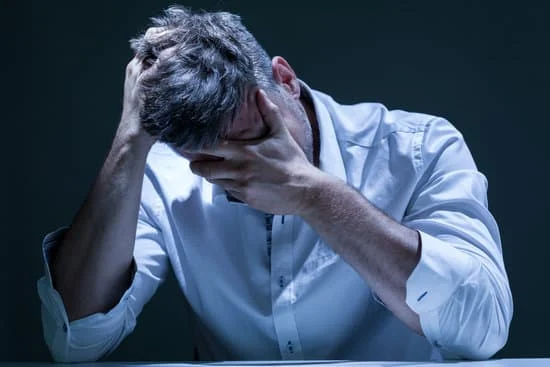
Feelings of stress will accordingly come and go and may dissipate when the body moves into the rest and restore mode where the parasympathetic nervous system kicks in. Simply stopping, taking a few long slow breaths, meditating or talking about the stressful situation or thoughts to a trusted colleague, friend or family member may resolve the physical feelings of anxiety however the impact of everyday work life combined with family issues and life pressures may result in the need to seek professional help.
There are several avenues to seeking support, attending your GP at the first instance and discussing the issues around work life balance will assist your doctor to assess what type of support may be required. A referral via a mental health plan is an option to commence a series of counselling sessions preferably with a suitably trauma informed clinician who understands police culture.
Otherwise, contacting your state jurisdiction Employee Assistance Program can also assist with counselling or making an appointment to speak with your state chaplaincy service can be helpful.
To identify when anxiety may be an issue and it might be appropriate to seek further assistance the following list of symptoms and signs can be helpful to look out for:
- Difficulty concentrating
- Unnecessary worries or concerns that continue to pop into your mind
- Difficulty falling to sleep or staying asleep
- A general feeling of being unable to relax
- Keeping yourself busy all the time
- Avoiding places or people
- Feeling irritable, annoyed or restless
- Avoiding family and friends
- Feeling shaky or experiencing sweaty palms
- Frequent headaches, migraines or muscle aches
- Feeling your heart racing
- Shortness of breath
- Panic attacks
- Feelings of impending doom
Step-By-Step
When should I consider seeing my GP?

Anxiety starts to impact your daily work and home life
Feelings of panic become noticeable to the point where you can't relax or you feel you need to run away
You notice your heart pounding, shortness of breath and a general feeling of impending doom
What is the next steps when seeing my GP?

Making an appointment with your GP and explaining your symptoms will assist your Doctor to understand your feelings and what may be the underlying cause
Your GP will generally ask you to fill out a number of questionnaires to assist with assessing your condition
You may then be referred to an appropriate health clinician for further diagnosis, medication or counselling
In the meantime, it may help to reduce Caffeine, Alcohol and Non Prescription Medication
Content for anxiety or depression
Relationships Australia
Relationships Australia provide a number of national services Australia wide to families, individuals and communities requiring support with relationships which may include, counselling, family support, domestic violence where they require assistance with safety and trauma, services for children and young people as well as services for older Australians looking for assistance with health, safety and wellbeing.
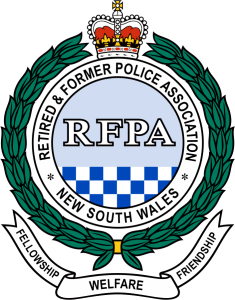 03 Apr 2022
03 Apr 2022
Retired and Former Police Association of NSW
Staying connected to the police family by joining your local retired and former police association may be helpful in maintaining social connection and positive mental health outcomes. Each state jurisdiction has a retired and former police association where regular monthly meetings and social events assist with staying in touch with former colleagues.
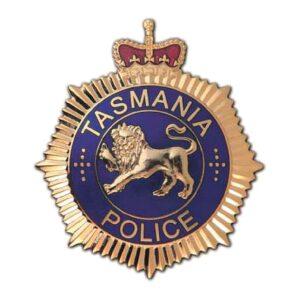 03 Apr 2022
03 Apr 2022
Retired Police Association of Tasmania
Staying connected to the police family by joining your local retired and former police association may be helpful in maintaining social connection and positive mental health outcomes. Each state jurisdiction has a retired and former police association where regular monthly meetings and social events assist with staying in touch with former colleagues.
 03 Apr 2022
03 Apr 2022
Retired Police Officers Association South Australia
Staying connected to the police family by joining your local retired and former police association may be helpful in maintaining social connection and positive mental health outcomes. Each state jurisdiction has a retired and former police association where regular monthly meetings and social events assist with staying in touch with former colleagues.
 03 Apr 2022
03 Apr 2022
Retired Police Officers Association Western Australia
Staying connected to the police family by joining your local retired and former police association may be helpful in maintaining social connection and positive mental health outcomes. Each state jurisdiction has a retired and former police association where regular monthly meetings and social events assist with staying in touch with former colleagues.
SANE - Talking about suicide
A selection of factsheets, articles, personal stories and video's to help you talk to and support someone thinking about suicide from Sane Australia.
Sane Australia
Sane Australia provides a national freecall and online counselling service for people concerned about complex mental health issues as well as peer to peer support services, information, resources, and blogs.
 20 Mar 2022
20 Mar 2022
SleepHub - Sleep Resources
The SleepHub provides information, tools and tips from the Sleep Specialists.
 03 Apr 2022
03 Apr 2022
South Australia Police
Each individual state police jurisdictions will have mental health services for serving police which should include an Employee Assistance Program (EAP) along with other specific services. This may include EAP for transitioning police, former police up to 12 months and services for families. Career Transition services may also be included in some jurisdictions as moving into a new career after serving in the police force impacts mental health outcomes.
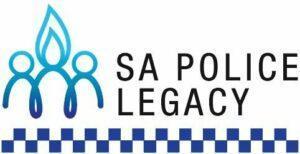 03 Apr 2022
03 Apr 2022
South Australia Police Legacy
Police Legacy provide professional and compassionate support to families who have suffered a loss through the provision of benefits and services. Children who have lost a parent may benefit from camps, scholarships, trust funds and regular social engagement which is also extended to partners and parents. Each jurisdiction has independent services which may differ from state to state.
 03 Apr 2022
03 Apr 2022
South Coast Private Hospital, Wollongong NSW
Inpatient and day programs are available specifically for serving or former police requiring hospital admission, day programs or follow up for specialist PTSD treatment.
 03 Apr 2022
03 Apr 2022
South Pacific Private Hospital, Curl Curl, NSW
Generalised Inpatient treatment programs for drug and alcohol addictions, trauma, anxiety and depression.
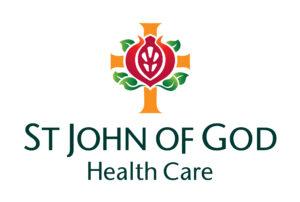 03 Apr 2022
03 Apr 2022
St John of God Private Hospital Burwood & Richmond NSW
Private in patient and outpatient treatment options are available at both the Burwood and Richmond hospitals with admissions via referral. Detox, drug and alcohol and PTSD treatment programs are available via closed groups or as part of regular intakes.
Standby – Support after suicide
24-hour telephone and counselling support and resources for individuals, families, friends, witnesses, first responders and service providers who have been impacted by suicide.
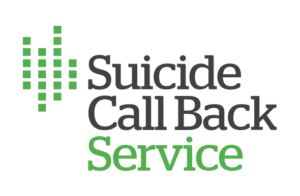 17 Nov 2021
17 Nov 2021
Suicide Callback Service
The suicide callback service provides national 24/7 online and phone counselling, advice, support and resources for anyone experiencing emotional or mental health issues who are at risk of suicide. Support services and resources are also available for family and friends of those living with emotional or mental health challenges or who are bereaved by suicide.
 23 Jun 2025
23 Jun 2025
Tacticle Yoga Australia
Tactical Yoga Australia provides online yoga programs, and a podcast designed to support the mental wellness of first responders and veterans.

 Exit
Exit




